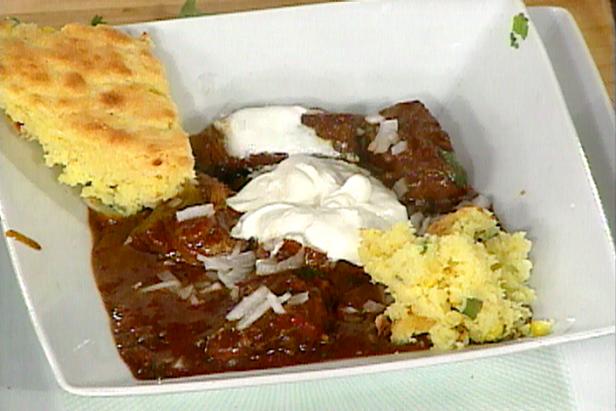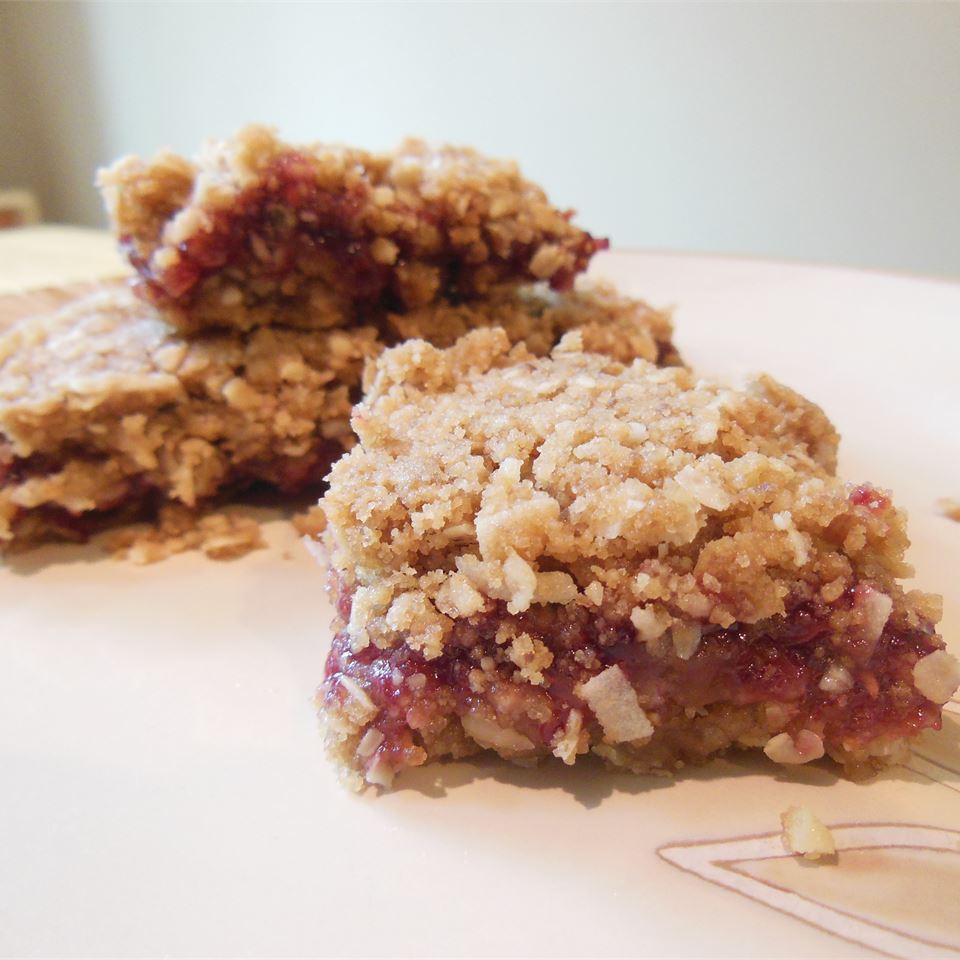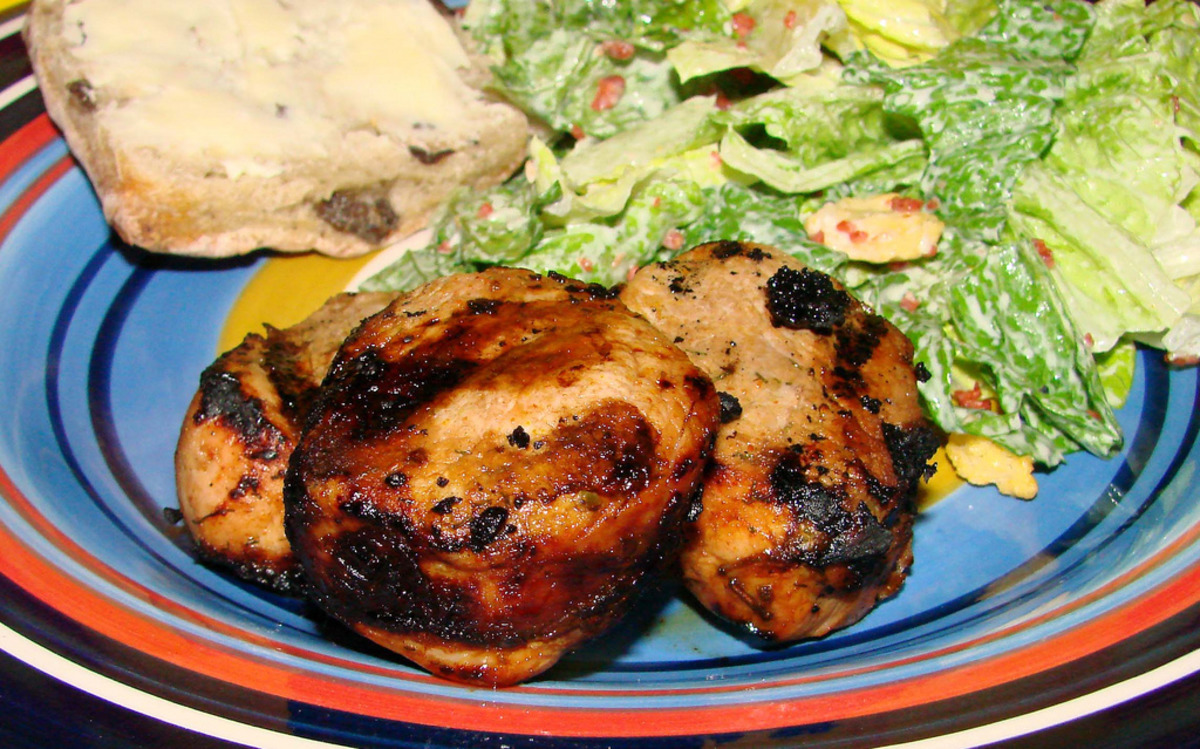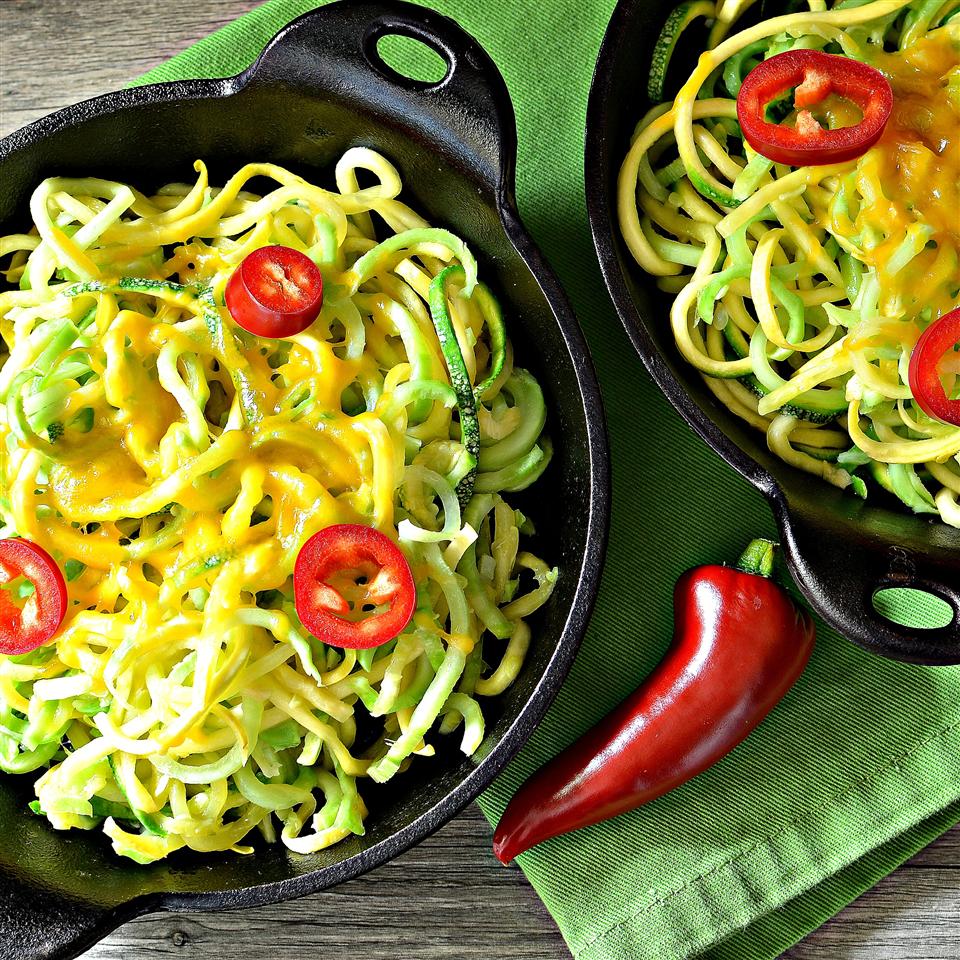Feast your senses on the delectable German Fastnachts, a culinary symphony of flavors and textures that will transport you to a realm of pure indulgence. These delightful doughnuts, also known as Krapfen or Berliner, are a staple of German carnival celebrations, gracing tables with their golden-brown exteriors and pillowy-soft interiors. Embark on a culinary journey as we delve into the secrets of crafting these delectable treats, with four enticing recipes that cater to every palate. From the classic Fastnachts brimming with fluffy goodness to the tantalizing Kartoffel Fastnachts infused with potato's earthy charm, each recipe promises a unique taste experience. Whether you prefer a traditional sugar coating, a sweet glaze, or a luscious filling of jam or custard, these recipes provide endless opportunities for customization. So don your apron, gather your ingredients, and prepare to create a symphony of flavors that will leave your taste buds craving more.
Let's cook with our recipes!
GERMAN FASTNACHTS WITH POTATO

The Lutherans call these Fastnachts and are supposed to eat them on Shrove Tuesday; the Mennonites call them Raised Doughnuts and will eat them any time. They're wonderful, warm or cold, with maple syrup, or sprinkled with sugar.
Provided by Olha7397
Categories Breads
Time 36m
Yield 20 donuts
Number Of Ingredients 13
Steps:
- Dissolve the yeast in the 1/2 cup warm water with 1 tsp of sugar.
- Mix potatoes, sugar, potato water and flour; add yeast dissolved in water.
- Let rise in a warm place for several hours.
- Then add 1 cup sugar, 1 cup lukewarm water or milk, 3/4 cup melted butter, 3 eggs, salt and about 5 cups flour for stiff dough.
- Turn onto a well floured board and knead for about 3 to 5 minutes.
- Add a small amount of extra flour if necessary so the dough can be handled without sticking to your fingers.
- Grease a large bowl.
- Place the dough in the greased bowl.
- Cover with a thin towel, and let rise in a warm, draft free place for about 2 hours or until it is at least double in size.
- Now, according to all my instruction, you’re supposed to let the dough rise again for another hour or two, but that means you’d be fussing with these things all day; figure it out; this would be its third rising, with another to come; I think at this point I’d be reckless and divide the dough in thirds and start rolling it out.
- What matters if you do have a few large holes in your fastnachts?
- Take your choice, rise or roll.
- I’d try rolling the dough to about 3/4 inch thickness.
- Fastnachts have a traditional diamond shape; cut them into diamonds with a knife.
- Another essential is to cut a slit across the top of each fastnacht with a sharp knife.
- Let the fastnachts rise, covered, in a warm place, till they’re springy to the touch; when they’re quite fat and puffy, drop them with the raised side down into fat that is hot enough to brown a bread cube—375 degrees.
- Fry on both sides.
- If you don’t want that many fried cakes you might try baking some in a hot oven as rolls.
- Food that Really Schmecks.
NANA'S FASTNACHTS
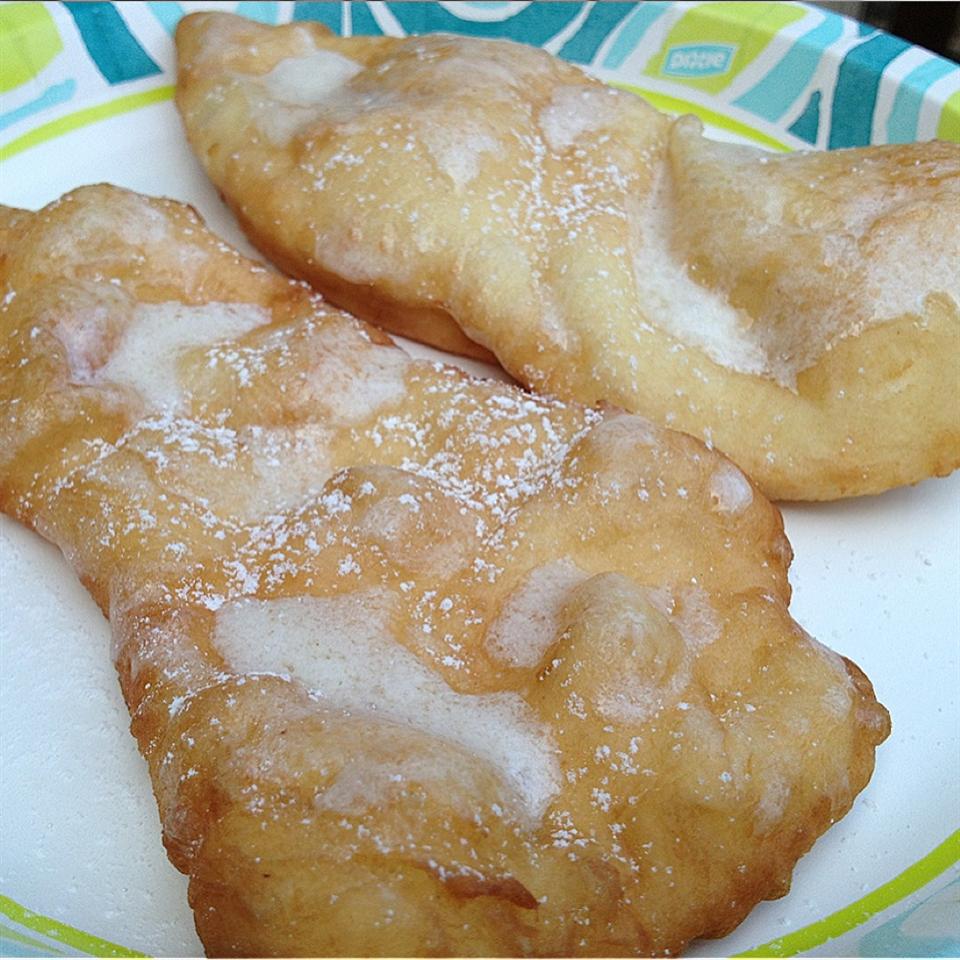
These are similar to doughnuts but much tastier! They are usually made on Shrove Tuesday (Fat Tuesday).
Provided by Sandy
Categories Bread Yeast Bread Recipes
Yield 60
Number Of Ingredients 11
Steps:
- Warm the milk in a small saucepan until it bubbles, then remove from heat. Let cool until lukewarm. In a small bowl, proof the yeast by adding the warm water to the yeast. Let stand 10 minutes.
- In a large bowl mix together the teaspoon of sugar and 3 cups of the flour. Stir in milk until smooth. Add proofed yeast and mix well. Cover and let rise until doubled in size.
- Stir in beaten eggs, melted butter or margarine, one cup of sugar, salt, and enough of the remaining flour to make a stiff dough. Cover and let rise for a second time until doubled.
- Punch down dough and divide into 2 portions. On a lightly floured surface, roll out dough to 1/2 inch thickness. Cut dough with a biscuit cutter. Make 2 slits with a sharp knife in the middle of each doughnut. Cover and let rise a third time until doubled in size.
- Deep fat fry in oil or lard for 3 to 4 minutes on each side until lightly browned. Rotate to ensure even cooking. Drain on brown paper bags. Toss in confectioners sugar while still warm.
Nutrition Facts : Calories 106.9 calories, Carbohydrate 15 g, Cholesterol 10 mg, Fat 4.2 g, Fiber 0.4 g, Protein 2.2 g, SaturatedFat 0.7 g, Sodium 74.1 mg, Sugar 3.8 g
FASTNACHTS (GERMAN DOUGHNUTS)
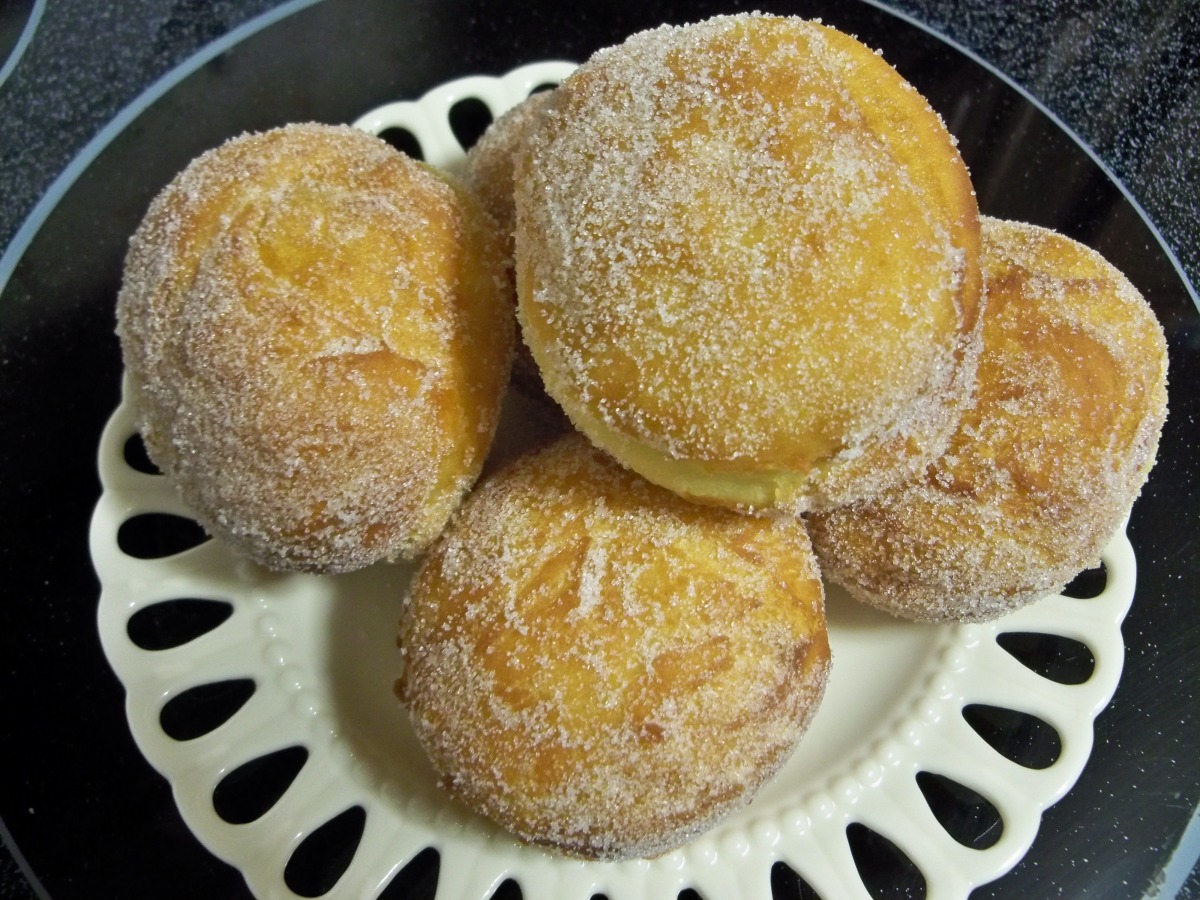
This is a traditional German recipe, usually made on Shrove Tuesday to use up the lard before Lent begins. Don't worry, you can fry them in vegetable oil instead of lard! Either way, they're delicious!
Provided by Kree6528
Categories Yeast Breads
Time 3h30m
Yield 25 doughnuts
Number Of Ingredients 7
Steps:
- Dissolve yeast in lukewarm milk.
- Sift in flour and salt in bowl.
- Make a hole in the center.
- Pour dissolved yeast and all other ingredients into the hole and mix until not sticky.
- Cover and let rise until doubled.
- Punch down, then let rest for 10 minutes.
- Roll out to about 1/4-inch and cut.
- Let rise another 20-30 minutes.
- Fry in deep fat until light brown.
- While still hot, roll in sugar.
Tips:
- Use high-quality ingredients: The fresher the ingredients, the better the Fastnachts will taste. Use real butter, fresh eggs, and high-quality flour.
- Don't overwork the dough: Overworking the dough will make the Fastnachts tough. Mix the dough just until it comes together, then knead it for a few minutes.
- Let the dough rise properly: The dough needs to rise twice, once after it is mixed and once after it is shaped. This will help the Fastnachts to be light and fluffy.
- Fry the Fastnachts at the right temperature: The oil should be between 350°F and 375°F. If the oil is too hot, the Fastnachts will brown too quickly and the inside will be raw. If the oil is too cool, the Fastnachts will absorb too much oil and be greasy.
- Drain the Fastnachts on paper towels: This will help to remove excess oil from the Fastnachts.
- Serve the Fastnachts warm: Fastnachts are best served warm, when they are light and fluffy. You can sprinkle them with powdered sugar, cinnamon sugar, or your favorite glaze.
Conclusion:
German Fastnachts with Potato are a delicious and easy-to-make treat that is perfect for any occasion. With their light and fluffy texture and delicious flavor, they are sure to be a hit with everyone who tries them. So next time you're looking for a special treat, give these Fastnachts a try. You won't be disappointed!
Are you curently on diet or you just want to control your food's nutritions, ingredients? We will help you find recipes by cooking method, nutrition, ingredients...
Check it out »
You'll also love





